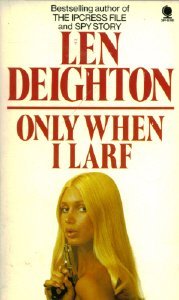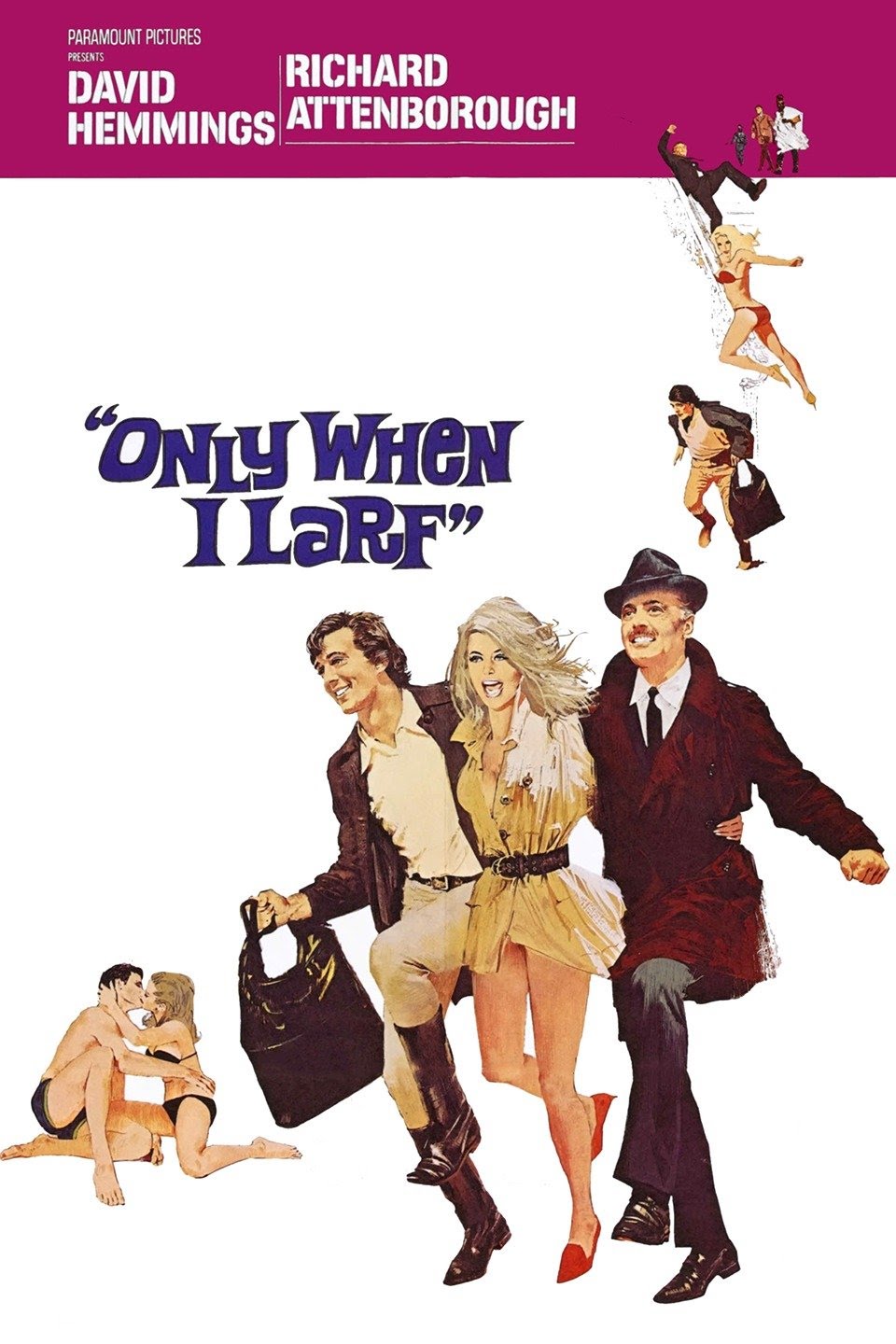Terrific, elongated, 20-minute pre-credit sequence sets up this brisk con-man thriller as the trio of Richard Attenborough, his younger lover Alexandra Stewart and apprentice David Hemmings fleece a couple of greedy businessmen in New York. The action moves with military precision, the trio so appealing, the scam so well-worked, you want them to escape.
But when their next sting fails to come off, roles are reversed and it is floppy-haired Hemmings who takes charge, organizing the scheme, and making moves on Stewart. Meanwhile, Attenborough is planning to double-cross them. The first and last schemes work a treat but the middle one sags, even allowing for cracks to appear in the relationships.
Attenborough is the pick of the bunch, switching accents and personalities, one minute a suave businessman, the next a nervous Lebanon banker, while at other times his stiff upper lip contends with his sergeant-major attitude. Hemmings’ accents are less convincing, all over the place at times, but the switch from junior partner to operation controller is convincing especially as he clearly enjoys putting Attenborough in his place, forcing him to shave off his moustache and giving him the name Longbottom. And Stewart is never quite what she seems, willing to indulge either man to suit her purpose. Scottish actress Melissa Stribling, wife of director Basil Dearden, is a late addition to the crew and colder-eyed.

This was Attenborough’s first starring role since Guns at Batasi (1964) – Best Actor at the Bafta Awards – and although he had featured roles in Hollywood productions The Flight of the Phoenix (1965) and The Sand Pebbles (1966) – his screen person was quite confined in those pictures. Here, it feels like he has been let free. Hemmings was coming off three heavy roles in Camelot (1967), The Charge of the Light Brigade (1968) and The Long Day’s Dying (1968) so it felt like he, too, had a spring in his step. This was a distinct mainstream jump for Canadian actress Alexandra Stewart, although she had small roles in Maroc 7 (19670 and Truffaut’s The Bride Wore Black (1968),
Basil Dearden slipped this one in between the more lavish Khartoum (1966) and The Assassination Bureau (1969). There is a slapstick chase reminiscent of the latter but, basically, he keeps to the story and allows character to develop. This being a British film, you might find some outdated British attitudes. This was bestselling author Len Deighton’s first stab at production.
The Flight of the Phoenix, Khartoum and The Assassination Bureau have previously been reviewed in this blog.
Catch this on Amazon Prime.

I have to confess I haven’t see this; what’s going on in the picture at the bottom?
LikeLike
That’s what happens to you when your con goes wrong. In the days before PhotoShop they could still turn Richard Attenborough into tall and slim
LikeLike